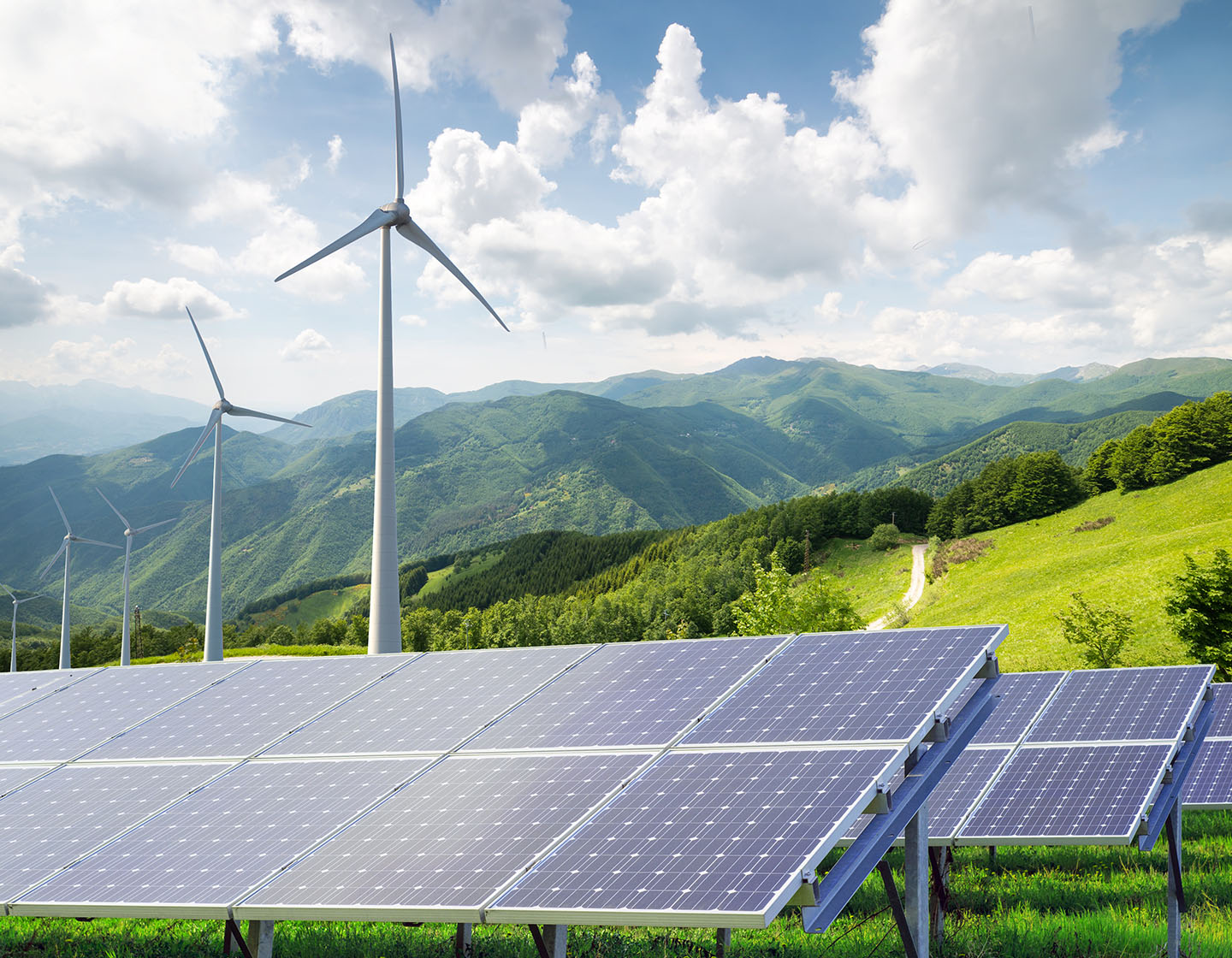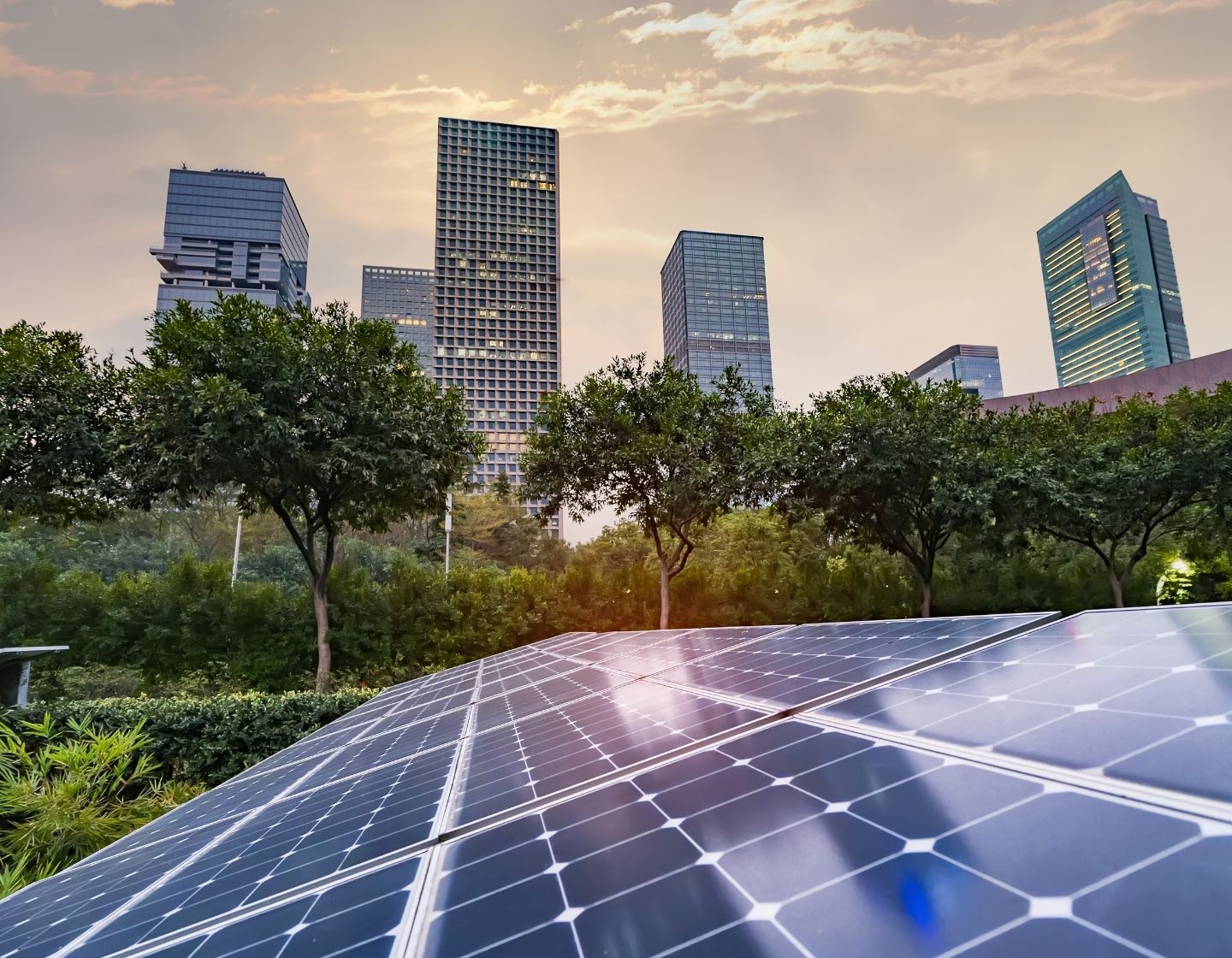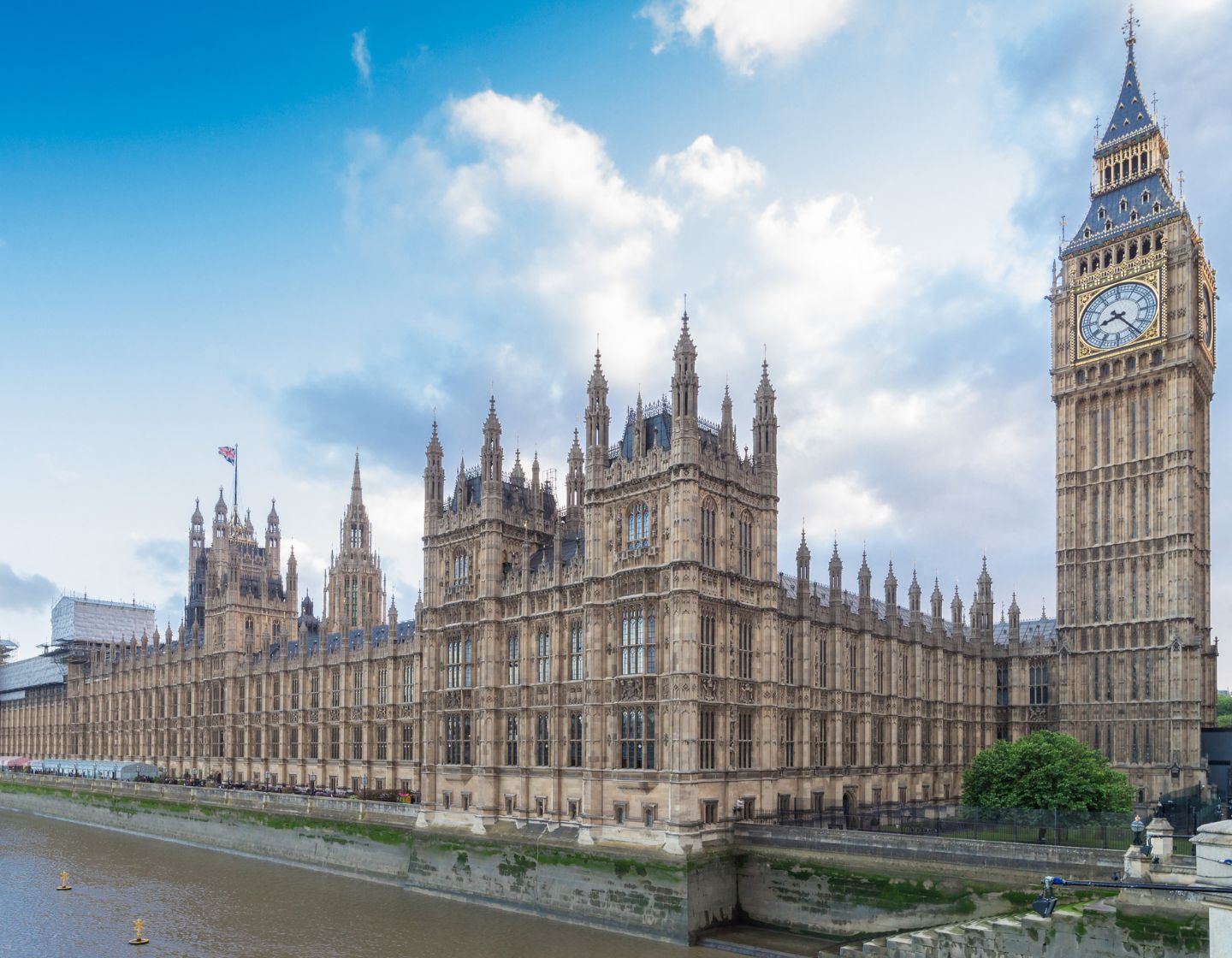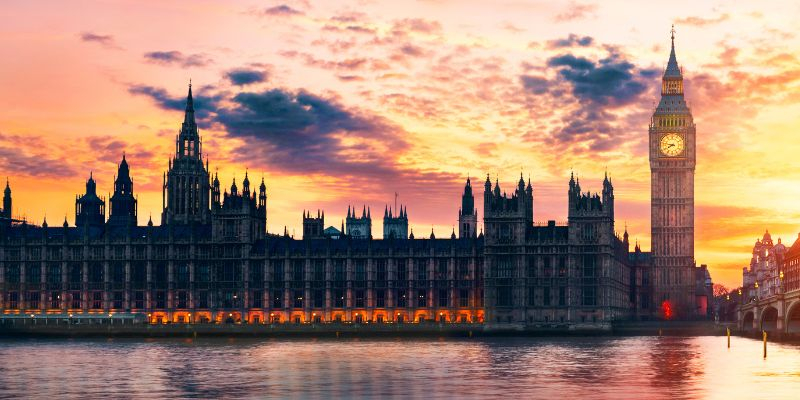Sunak’s promise on energy, business and the environment
Rishi Sunak has calmed fears that the UK was hellbent on reshaping its climate commitments in the search for energy security but the task ahead is complex and challenging.
The new Prime Minister has placed the Conservative Party’s 2019 manifesto commitments back at the centre of strategy with clean energy and environmental protection high on the agenda. As he reshaped his Cabinet team, the focus on more cohesive policy was clear.
As the manifesto declares, tackling environmental problems is not in conflict with economic goals, but reinforces them through greater efficiency, more jobs, and stimulating private investment. The aim is to deliver the 2050 net zero goal, halt the decline in nature by 2030, and tackle air and river pollution.
A key manifesto commitment is strengthening energy security by developing clean energy, “boosting homegrown renewables – the cheapest source of energy” to reduce reliance on expensive gas imports while lowering consumer bills and creating high-skilled jobs.
Oil and gas drilling
But there are still confusing signals from Downing Street. COP26 President Alok Sharma has asked the government to “explain and demonstrate” how opening up more of the North Sea for oil and gas drilling can be compatible with delivering on the UK’s climate commitments.
Clean and cheap energy is not compatible with the Truss administration’s radical ramp-up of fossil-fuel production. While fracking has been shut down again for now, the issue of 100 licenses for new offshore oil and gas drilling remains in place.
Giving evidence to select committees during the week, Sharma argued that accelerating clean energy investment and insulating homes should be top priorities for the new government.
Sunak has also confirmed that the Truss plan to allow onshore wind farm development was being reversed (which is actually in line with manifesto pledges). This effectively cuts off the most effective and quickest way to produce abundant clean energy in the UK

Wind energy
Former PM Boris Johnson had a target of all of the UK’s energy to be generated from “clean sources” by 2035. To meet this goal onshore wind capacity would need to double, while offshore wind generation would have to quadruple. Not easy but achievable.
Cheap clean energy is crucial to the success of government economic strategy. This is made clear in a recent article from Brunel University which reports that the number of companies in financial distress is at the highest level since the 2007/08 global financial crisis.
Latest government figures show that in August more than 1 in 10 UK businesses reported a moderate-to-severe risk of insolvency, with nearly a quarter saying that energy prices are the main concern.
Even for a small UK business, average annual energy bills can be between £3000-£5,000. And the Federation of Small Business warns that around 53% of the UK’s small and medium sized enterprises are expected to collapse or reduce their activities.
The Sunak administration will need to devise agile, focused and sustainable policies to support businesses as they navigate the changing terrain of energy production, battered by the fallout from the war in Ukraine and increasing demands from other countries in the global market

Reducing energy use
Reducing energy use has always been and always will be the best way for companies to evolve in the era of ever-increasing energy prices and the imperative to reduce carbon emissions to net zero in the next three decades.
The government could launch a raft of measures that help businesses, particularly SMEs, reduce energy use. The Brunel University report points out that many SMEs use rented premises and incentives are therefore needed to encourage landlords to move away from the use of fossil fuels for heating and power.
With the right inducements, landlords would move to install renewable energy sources like heat pumps and solar panels, as well as smart meter, LED lighting, smart lighting controls and other green technologies. Landlords could also be encouraged to work with SMEs to switch to greener, cheaper and more sustainable energy sources.
For companies that own premises, the government could offer green incentives through commercial property tax reductions, while also encouraging reduction in fossil-fuel consumption through VAT paybacks on green energy adoption.
But for many companies, waiting on government action is not an option. They have to make the changes needed now that reduce bills and cut carbon. SaveMoneyCutCarbon will offer any company of any size a free 30-minute Carbon Mentor call that will offer guidance on where to start with energy savings and carbon emission reductions, ROI, budgets and what could be achieved.

Carbon reduction
While energy costs remain the primary short-term focus, the crucial need to get control of carbon emissions is becoming more compelling by the hour. The government’s own annual emissions projections for the energy sector show that the UK is way behind statutory carbon budget targets for the mid-2030s and beyond.
The Department for Business Energy and Industrial Strategy (BEIS) projections show that current policies will enable the UK to mainly meet carbon budgets three and four, which cover the periods of 2018-2022 and 2023-2027.
But the targets for the fifth carbon budget (2028-32)will be missed by 73 million tonnes of greenhouse gases, a 56% reduction on 1990 levels, which is 2% from target. Then it gets very bad with the sixth carbon budget (2033-2037) overshooting its target by 976 million tonnes and only achieving a 54% reduction on 1990 levels. The target is 77%.
The government will need to act on this one swiftly, even given the pressing challenges of an economy sliding into recession, rising prices and increased borrowing costs.
The new Chancellor Jeremy Hunt has moved decisively and helped to settle markets, parts of whi9ch have had a very big payday betting against the UK over the past couple of weeks. Interest rates will remain high for some time, maybe not moving downwards for the next 2-3 years.

Cabinet changes
Sunak has stuck with Hunt as Chancellor while reshaping the Cabinet team in ways that should bring positive outcomes for the environment and energy.
Grant Shapps replaces Jacob Rees-Mogg as Business Secretary, which has brought a big sigh of relief from many sectors. Shapps will guide the UK’s net zero agenda and responses to the energy crisis. He has a good track record – as Transport Secretary under Boris Johnson, Shapps developed the Transport Decarbonisation Pan, with ambitious targets for a phase out of fossil fuel cars from 2030, a net zero rail network by 2050, and net zero domestic aviation by 2040.
Last month at the Conservative Party conference he highlighted the dangers of relying on risky, volatile and expensive fossil fuels such as gas, calling for a greater push towards cleaner, more efficient and homegrown energy sources.

In another welcome move, Thérèse Coffey has been appointed Environment Secretary, giving her key influence over post-Brexit farming subsidy changes and environmental protection regulation that many feared were under threat from the previous incumbent, Ranil Jayawardena. Coffey was waste and recycling minister at Defra when Theresa May was PM.
Alok Sharma, stays as COP26 President for the final few weeks before Egypt takes over the presidency at COP27 next month, although he will no longer attend cabinet, which has fuelled some fears on the direction and speed of change in climate policy.
The new Cabinet will be informed by the Sunak promise to make the manifesto the core of government vision and action. That would therefore also include:
- Cutting the cost of living by rolling out home insulation and electric vehicle charge points across the UK
- Restoring nature by implementing the Environment Act – cleaning up rivers by slashing sewage pollution, tackling plastic waste, and enhancing biodiversity.
- Turbocharge clean growth – help UK businesses gain a first-mover advantage in new global industries such as carbon capture, hydrogen and agri-tech.
- Support sustainable farming and the environment – reward farmers for farming and managing our countryside more sustainably and tackle the long-term environmental threats to food security.
The last government before Truss did warn of a difficult winter. The challenge for the new Sunak administration is to push through the tough challenges facing the country in the next six months, while laying the foundations for a sustainable economy over the next two years and beyond.

